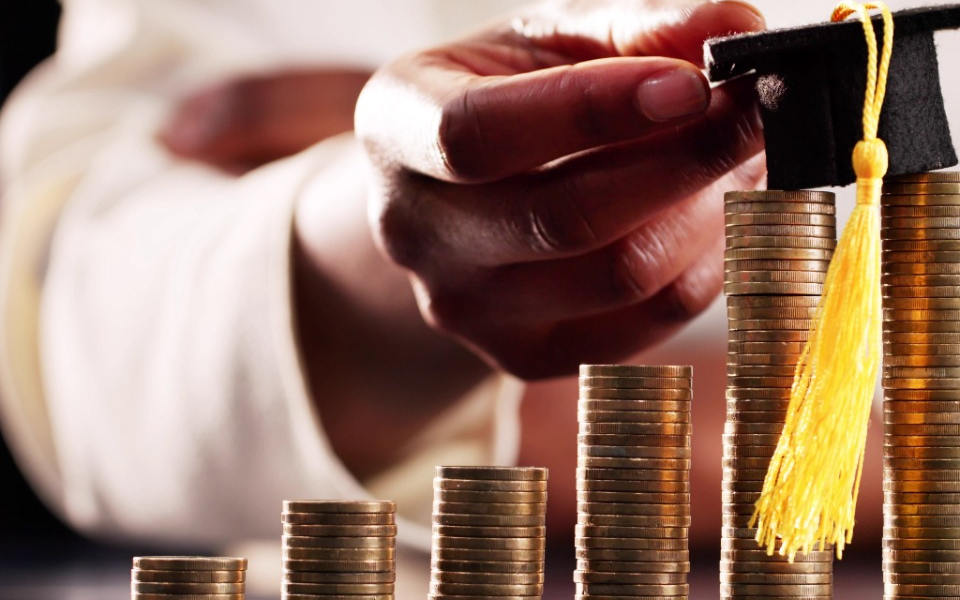
Make your money work for you: Savings Accounts VS Fixed Deposits
So, you want to save more money. Welcome to the club! Whether you’re working towards a goal – like a degree or a down payment on a house – or you just want to build wealth, more money in the bank is always a good idea. But wait… do your savings have to be in the bank? In the past, people would just open a savings account and deposit some money in the bank each month. But is this the best way to make your money work for you? When saving, you don’t just want to keep what you have, you want to use that money to earn more money. Today, we’re going to look at savings accounts versus fixed deposits.
The Contenders
Savings Account: In this corner, we have an interest-earning account, usually with a bank, that typically has a modest, unguaranteed interest rate and a monthly maintenance fee.
Fixed Deposit: And the challenger, an account that guarantees a fixed rate of attractive interest once you do not withdraw the funds before an agreed-upon date.
Round 1: Risk
A lot of people like to save their money in the bank because it’s low risk. They think of stock market investors as men in suits yelling into phones
 to buy or sell and they know that life’s not for them. However, fixed deposits – unlike stocks – are not affected by market fluctuations and so your money is safe. At Fidelity Finance (a member of the Maritime Financial Group), we offer several fixed deposits, all guaranteed by the Deposit Insurance Corporation (DIC) up to $125,000. So, the risk for saving via fixed deposits is extremely low.
to buy or sell and they know that life’s not for them. However, fixed deposits – unlike stocks – are not affected by market fluctuations and so your money is safe. At Fidelity Finance (a member of the Maritime Financial Group), we offer several fixed deposits, all guaranteed by the Deposit Insurance Corporation (DIC) up to $125,000. So, the risk for saving via fixed deposits is extremely low.
Round 2: Interest
To really grow wealth, you need to do more than work hard at your job. You need to earn passive income – that means, you need to make money while you’re not actually working. A common way to earn passive income is interest on your savings.
Remember, there’s no fixed rate of interest in a savings account – so nothing is guaranteed. How much interest is your savings account earning now? If you don’t know, log onto internet banking and check. If the interest is low, as is normal at this time, then you’re not really making the money work for you. You’re keeping what you have… but you’re not earning more. A fixed deposit offers a higher rate of interest, which means that your money is making more money. You could be sipping a cup of tea in the morning and your money is out there working hard.
Round 3: Flexibility
With most savings accounts, you can withdraw the money whenever you want. You may think that this flexibility is a good thing but sometimes we need to impose limits on ourselves to prevent overspending. If there’s nothing to stop you from withdrawing money, it can be easy to dip into your savings account when you want to splurge and you don’t have the money in your chequing account.
sometimes we need to impose limits on ourselves to prevent overspending. If there’s nothing to stop you from withdrawing money, it can be easy to dip into your savings account when you want to splurge and you don’t have the money in your chequing account.
By contrast, when making a fixed deposit, you agree not to touch the money for a period of time. This basically forces you to save and means you’re building more wealth in the long run. The longer you invest, the higher the interest rate will be. However, you can choose a short- or long-term fixed deposit depending on your needs. Don’t take our word, check out the rates for yourself.
Round 4: Ease
We get it. You’re busy. You know about bank accounts – you may already have a savings account. So, by default, it’s easier to keep your money there rather than open a fixed deposit. Well, it may be easier in the short term; but you may wind up with lower savings in the long term. If you want to open a fixed deposit, you can begin with as little as $1000. All you need are two forms of identification, a recent utility bill and a source of funds if the investment is quite substantial. So, they’re both pretty easy to access.
And the winner is…
The truth is the winner depends on your needs. However, you can always talk to an expert to find out how best to make your money work for you. If you can afford it, earning passive income with a fixed deposit is one of the easiest and best ways to save for your goals and make life easier for your future self.



